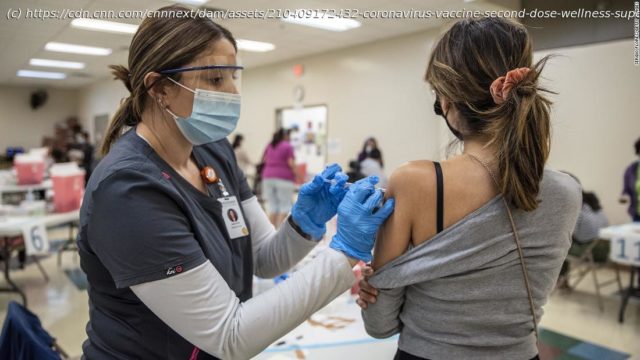It will be ironic if fear of blood clots keeps people from getting coronavirus vaccines. Covid-19 itself causes blood clots — lots of them.
Frantic intensive care unit specialists reported «dramatic» blood clots in the heart, liver and other organs. Autopsies of coronavirus victims in New Orleans showed their lungs were jammed with clots. Some young, seemingly healthy patients were suffering massive strokes from Covid-19. «As a blood clot expert, I can tell you it’s the most blood-clotting disease we have ever seen in our lifetimes,» said Dr. Alex Spyropoulos, a professor at the Feinstein Institutes for Medical Research in New York. «I have been doing this for a quarter century. I have never seen these levels of blood clots.» Spyropoulos and colleagues have done a series of studies showing that treating Covid-19 patients with blood thinners can dramatically reduce or even prevent these clots. And getting vaccinated against Covid-19 can prevent them altogether by preventing infection in the first place. So they feel it’s ironic that fears about a much, much rarer type of blood clot may now scare people off getting vaccinated. Last week, the US Centers for Disease Control and Prevention and the US Food and Drug Administration recommended a pause in giving out Johnson & Johnson’s Janssen coronavirus vaccine while experts i nvestigate whether it can cause blood clots and, if so, what to do about it. The European Medicines Agency said Tuesday it had found a possible link, but said the overall benefits of the vaccine outweigh the risks. For use in the EU, the agency said the vaccine must include a warning about «unusual blood clots with low blood platelets» as «very rare side effects.» The CDC’s Advisory Committee on Immunization Practices met last week to discuss the issue, and decided to wait for more information after discussing the cases of six women who developed a very unusual type of blood clot after getting J&J’s vaccine, as well as other possible cases. They’ll meet again Friday to come up with recommendations, which could include an extra warning to help vaccine recipients and doctors look for the symptoms, or restrictions on who should get the J&J vaccine. Whatever the risk might be from vaccines, experts agree it’s extremely low. «You have as much risk of getting struck by lightning as you have of getting one of these rare blood clots,» Spyropoulos told CNN.
Домой
United States
USA — mix These blood clot experts want you to get a Covid-19 vaccine. Here's...






